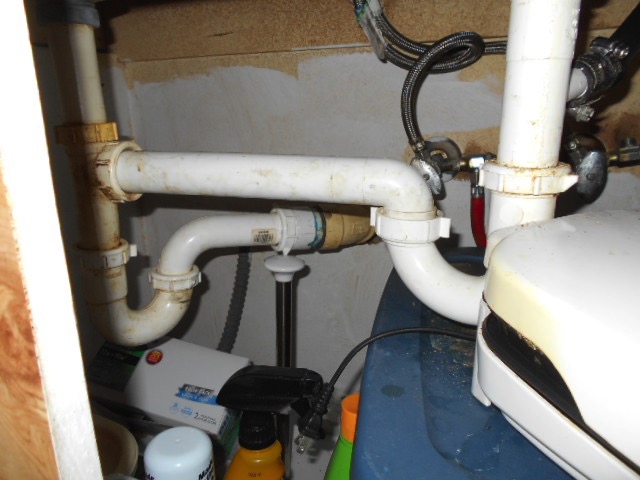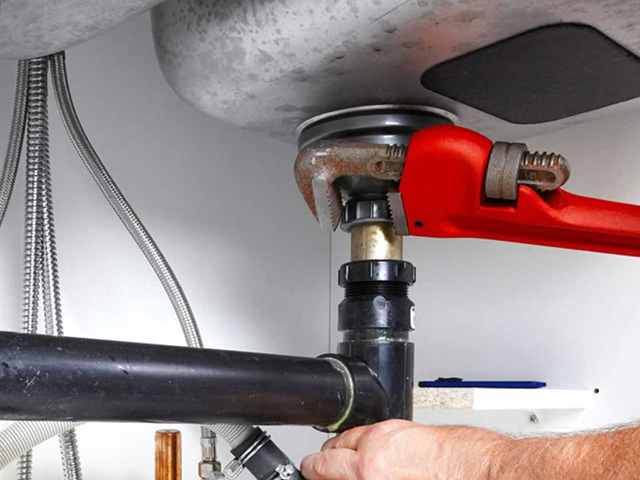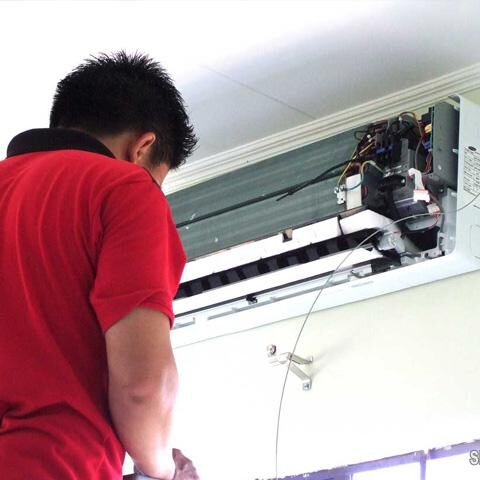When it comes to home emergencies, few things can be as stressful and disruptive as plumbing disasters. Whether it’s a burst pipe, a backed-up sewer, or a malfunctioning water heater, these situations can quickly escalate, causing extensive damage and inconvenience. However, with the right knowledge and preparation, you can mitigate the impact of a plumbing emergency and take swift action to minimize the damage. In this comprehensive guide, we’ll explore common emergency plumbing situations and provide expert advice on what to do when disaster strikes.
Identifying Common Plumbing Emergencies
1. Burst Pipes
Burst pipes are one of the most common plumbing emergencies, especially during cold weather when water inside the pipes freezes and expands, causing them to burst. Signs of a burst pipe include a sudden decrease in water pressure, water stains on walls or ceilings, and the sound of running water when no fixtures are in use. If you suspect a burst pipe, it’s crucial to act quickly to prevent water damage to your property.
2. Clogged Drains
Clogged drains can lead to overflowing sinks, toilets, or showers, causing water damage and potential health hazards due to sewage backup. Common causes of clogged drains include grease buildup, hair, soap scum, and foreign objects. Addressing clogs promptly with appropriate tools or calling a professional plumber can prevent further damage and restore proper drainage.
3. Water Heater Malfunction
A malfunctioning water heater can result in a lack of hot water, leaks, or even the risk of explosion in extreme cases. Signs of water heater issues include discolored or foul-smelling water, strange noises coming from the tank, or visible leaks. If you notice any of these signs, it’s essential to shut off the water heater and contact a licensed plumber for repairs.
Steps to Take During a Plumbing Emergency
1. Shut Off the Water Supply
In any plumbing emergency, the first step is to locate the main water shut-off valve and turn off the water supply to prevent further flooding or damage. It’s crucial to familiarize yourself with the location of this valve beforehand, as it may be located in different places depending on your home’s layout.
2. Assess the Situation
Once the water supply is shut off, assess the extent of the damage and identify the source of the problem. If it’s a minor issue that you can safely address on your own, such as a small leak or a clogged drain, you may proceed with appropriate measures. However, for more complex or severe emergencies, it’s best to call a professional plumber for assistance.
3. Take Temporary Measures
While waiting for professional help to arrive, you can take temporary measures to contain the damage and minimize its impact. This may include using towels or buckets to soak up excess water, turning on fans or dehumidifiers to aid in drying out affected areas, or sealing off leaking pipes with plumber’s tape or pipe clamps.
4. Contact a Licensed Plumber
For any plumbing emergency beyond your ability to handle or resolve, it’s essential to contact a licensed plumber promptly. Professional plumbers have the expertise, tools, and experience to diagnose and repair plumbing issues safely and effectively, helping prevent further damage to your property. Visit https://hi-techplumbingandair.com/plumbing/backflow-prevention/ where you will find lots of great information and practical advice about emergency plumbing situations.

Preventative Maintenance Tips
While it’s impossible to completely eliminate the risk of plumbing emergencies, you can significantly reduce the likelihood of experiencing them through regular maintenance and preventative measures. Here are some tips to keep your plumbing system in top condition:
- Insulate Pipes: To prevent freezing during cold weather, insulate exposed pipes in unheated areas of your home, such as basements, attics, and crawl spaces.
- Avoid Clogs: Dispose of grease, food scraps, and other debris properly to prevent clogged drains. Use drain guards or screens to catch hair and other solids before they enter the pipes.
- Schedule Inspections: Regular inspections by a qualified plumber can help identify potential issues before they escalate into emergencies. Consider scheduling annual plumbing inspections to catch problems early.
- Know Your Plumbing System: Familiarize yourself with the layout of your plumbing system, including the location of shut-off valves, water meters, and sewer cleanouts. This knowledge will be invaluable in the event of a plumbing emergency.
Conclusion
Plumbing emergencies can be daunting, but with the right knowledge and preparation, you can effectively manage them and minimize their impact on your home and property. By understanding common plumbing issues, knowing how to respond in an emergency, and practicing preventative maintenance, you can ensure that your plumbing system remains reliable and functional for years to come.
Remember, in the event of a plumbing emergency, don’t hesitate to contact a licensed plumber for professional assistance. Taking swift action can help mitigate the damage and prevent costly repairs down the line.







